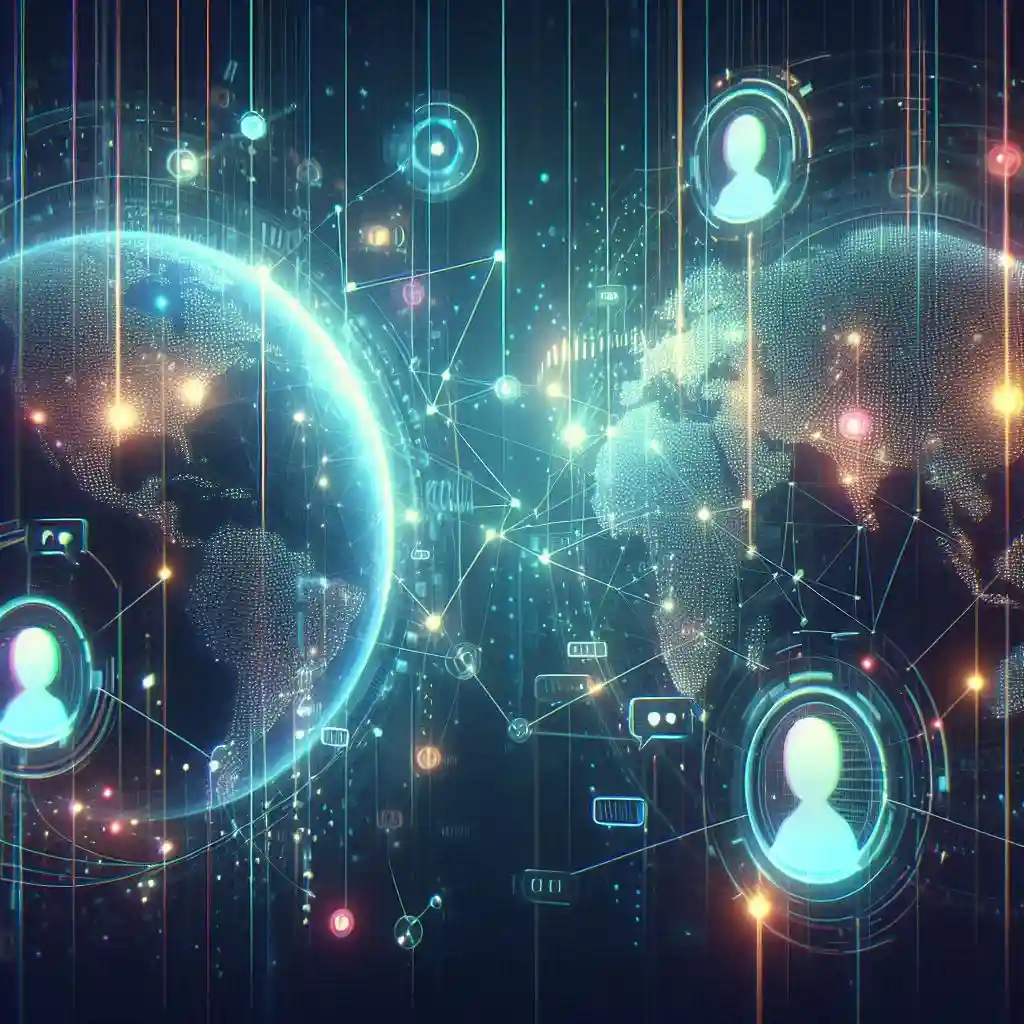
2024-09-23
Ethical Challenges in AI-Powered Machine Translation
Introduction
Machine translation powered by artificial intelligence (AI) has revolutionized communication, making it easier to connect across language barriers. However, as the technology behind automatic translation continues to evolve, so do the ethical concerns associated with it. In this article, we will explore the main ethical challenges in AI-powered machine translation, including data privacy, cultural biases, and the accuracy of translations, and how platforms like TalkSmart are addressing these issues.
1. Data Privacy and Security Concerns
One of the most pressing ethical challenges in AI-powered machine translation is data privacy. AI systems need vast amounts of data to function effectively, often collecting sensitive information during the translation process. This raises concerns about how data is stored, processed, and protected from unauthorized access.
For instance, when using AI-based translation tools like TalkSmart, which translates messages in real-time, ensuring that user data is handled securely is critical. TalkSmart integrates robust security measures to protect user data, maintaining high standards of privacy. To learn more about how to protect your data in translated chats, check out How to Secure Privacy and Safety in Translated Chats.
2. Cultural Bias in AI Translation Systems
Another significant ethical concern is cultural bias within AI translation systems. AI models are trained on vast datasets that may contain inherent cultural or societal biases, leading to translations that may be insensitive, incorrect, or misleading. This is particularly problematic when translating content that requires nuanced cultural understanding.
For example, the advanced algorithms used by TalkSmart aim to minimize cultural biases by providing contextual explanations of messages, ensuring users understand the intended meaning beyond mere words. This feature is especially useful in cases where expressions or phrases don't translate directly, allowing for a more accurate and respectful communication experience. Learn more about how contextual translation improves communication in our article on Contextual Translation: How It Enhances Communication.
3. Fairness and Accessibility in Machine Translation
Fairness in AI translation involves ensuring that the technology is accessible and inclusive for all users, regardless of language, dialect, or socio-economic background. AI translation systems often perform better with widely spoken languages, but they may struggle with less common dialects, which could lead to miscommunication or exclusion.
Platforms like TalkSmart address this by continuously updating their AI models to include a broader range of languages and dialects, making communication more inclusive. This approach supports the goal of breaking down language barriers in both personal and professional settings, aligning with TalkSmart’s commitment to improving multilingual communication. For a deeper dive into how AI is revolutionizing chat translation, check out How AI Is Revolutionizing Chat Translation.
4. Accuracy and Misinterpretation Risks
The accuracy of AI-powered translations is another ethical challenge. Despite significant advancements, AI can still produce translations that are inaccurate or misleading, particularly with complex or technical content. These errors can have serious implications, especially in fields like legal, medical, or business communications, where precise language is crucial.
TalkSmart addresses this by combining real-time translation with contextual explanations, helping users understand the full scope of the conversation. This added layer of understanding reduces the risk of misinterpretation, which is a common issue in many AI translation tools. Learn more about the importance of accuracy in translations and how TalkSmart is improving it in our article on Advanced Translation Techniques for Accuracy Improvement.
5. Ethical Use of AI in Translation and Data Ownership
The ethical use of AI in translation also raises questions about data ownership. Who owns the translated content, and how can it be used? This is particularly important when sensitive or proprietary information is involved. AI-powered translation platforms must ensure that data ownership rights are respected and that user consent is obtained before data is used beyond the intended purpose.
At TalkSmart, user control is a priority. The platform allows users to disable automatic translation when needed, giving them the option to view messages in their original language, which is particularly useful for those learning new languages or for contexts where data sensitivity is paramount. Learn more about the benefits of having control over your translated messages in our guide on How to Use a Chat with Automatic Translation.
Conclusion
AI-powered machine translation has immense potential to bridge communication gaps across the globe. However, it also presents a range of ethical challenges that must be addressed to ensure fair, accurate, and secure translations. By understanding these challenges, users and developers can work towards creating more responsible AI translation technologies.
TalkSmart is committed to overcoming these ethical hurdles through advanced technology, contextual understanding, and a focus on user privacy. To explore more about how AI is shaping the future of communication, visit our related articles on AI Applications in Translation and Best Practices for Real-Time Translation.